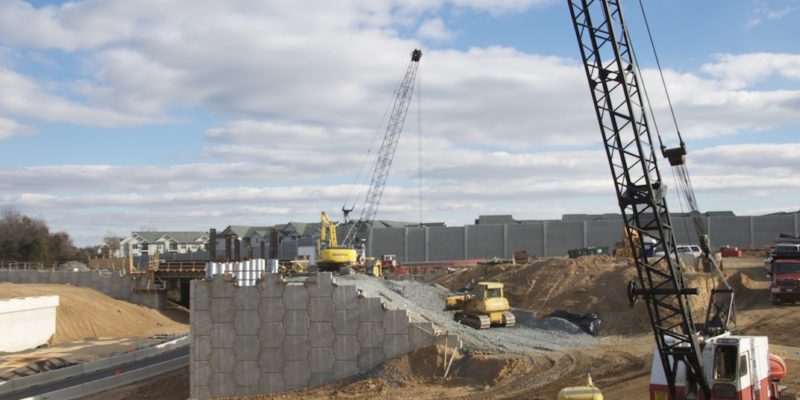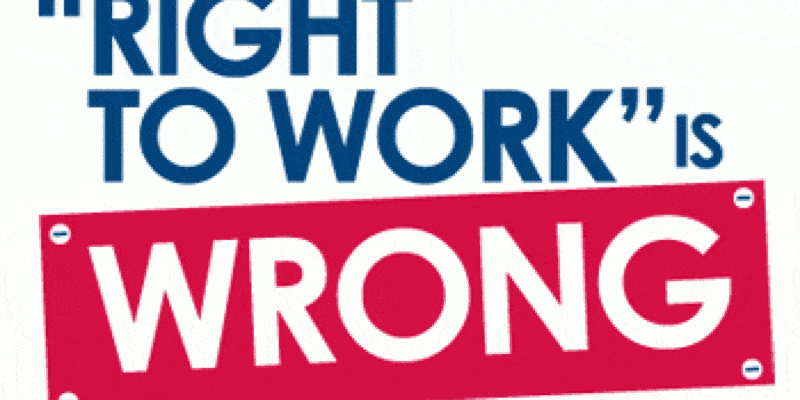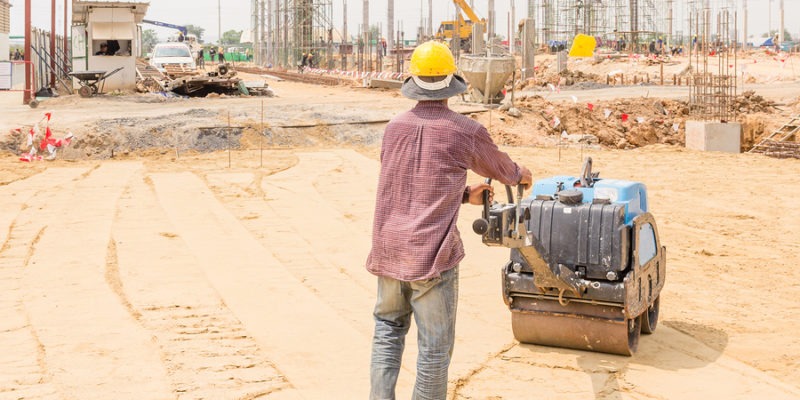Glacier Northwest ordered to provide $370,000 in back pay
By Brandon Macz
2/28/19 12:12 pm
Washington’s Department of Labor & Industries has hit Glacier Northwest with more than $74,000 in civil penalties for reportedly failing to pay workers a prevailing wage for their work disposing of dirt during construction of Seattle’s new State Route 99 Tunnel.
Seattle Tunnel Partners tapped Glacier Northwest as a subcontractor for the project for an estimated $28 million, according to an L&I news release, and tasked the company with disposing of dirt and other materials excavated by the Bertha tunnel-boring machine.
“This was the only project that the Glacier Northwest disposal site was accepting dirt from, so L&I was able to identify the specific workers and hours worked,” the news release states. “Because the tunnel is a public works project, those workers are entitled to prevailing wages, which they did not get.”
The L&I investigation was prompted by a June 2016 complaint, and the labor department reports 46 Glacier Northwest employees were collectively deprived of $370,666 in prevailing wages for spreading around 2.2 million tons of dirt at the former Mats Mats Quarry near Port Ludlow.
Glacier Northwest and STP are appealing the decision by L&I to fine the subcontractor $74,133 and order those workers receive back wages.
The 46 operating engineers were owed a journey level rate of $48.49 per hour, time-and-a-half for overtime and hours worked on Saturdays, and double-time for hours worked on Sundays, according to L&I’s Notice of Violation issued last December.
The range for owed compensation is from nearly $90 to $30,572. Ten engineers are owed at least $20,000 in back pay, according to the Notice of Violation.










